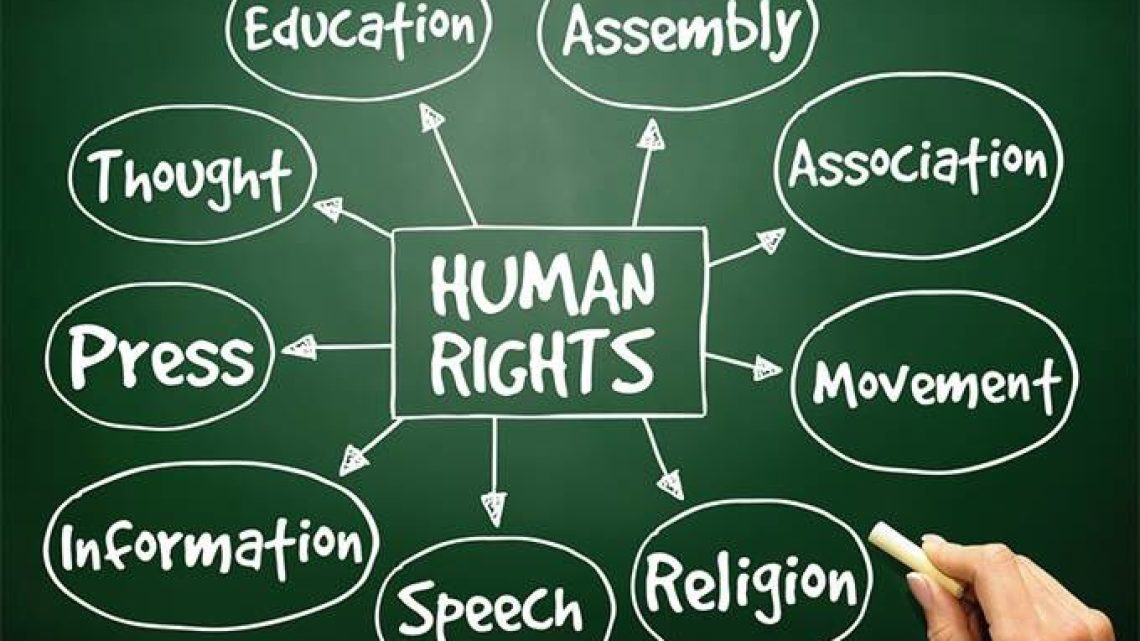
Human Rights in Pakistan: An Overview and International Perceptions
August 13, 2024Pakistan’s Constitution guarantees human rights for all citizens, including religious and ethnic minorities. The government has implemented various initiatives to promote interfaith harmony and protect minority communities. Key legislative measures include the Protection against Harassment of Women at the Workplace Act (2010) and the Acid Control and Acid Crime Prevention Act (2011), aimed at safeguarding women’s rights and addressing gender-based violence.
Religious freedom is a cornerstone of Pakistani society, exemplified by initiatives such as the Kartarpur Corridor, which facilitates cross-border access for Sikh pilgrims. The state ensures that all citizens, regardless of religious or ethnic background, enjoy equal rights and opportunities, contrasting with rising concerns about discriminatory practices in other countries, including India.
Critics, particularly from Indian and some Western media, often highlight human rights violations in Pakistan, which is sometimes perceived as propaganda to divert attention from similar issues elsewhere. Organizations like Amnesty International and Human Rights Watch focus on Pakistan based on media and social media reports, which may not always reflect the full context.
The National Commission for Human Rights (NCHR), established in 2015, is an independent body tasked with promoting and protecting human rights in Pakistan. This institution plays a crucial role in addressing complaints and monitoring human rights issues across the country.
Pakistan’s media landscape is dynamic and evolving. In 2023, Reporters Without Borders noted an improvement in Pakistan’s World Press Freedom Index ranking, moving from 157th to 150th out of 180 countries. This reflects progress in media freedom, despite ongoing challenges.
There is criticism that international NGOs and global forums often overlook human rights issues in countries like India, Israel, and some Western nations. This selective focus suggests a degree of bias and intellectual dishonesty in the international discourse on human rights.
Pakistan has seen positive developments, such as the extension of the European Union’s GSP+ status and constructive engagement with the United States. These achievements acknowledge Pakistan’s efforts to improve human rights and maintain international relations.
While Pakistan continues to face challenges related to human rights, the government’s constitutional guarantees, legislative actions, and positive international engagements reflect a commitment to safeguarding fundamental rights. The ongoing criticism from international organizations and media underscores the need for balanced and comprehensive reporting on human rights globally.

